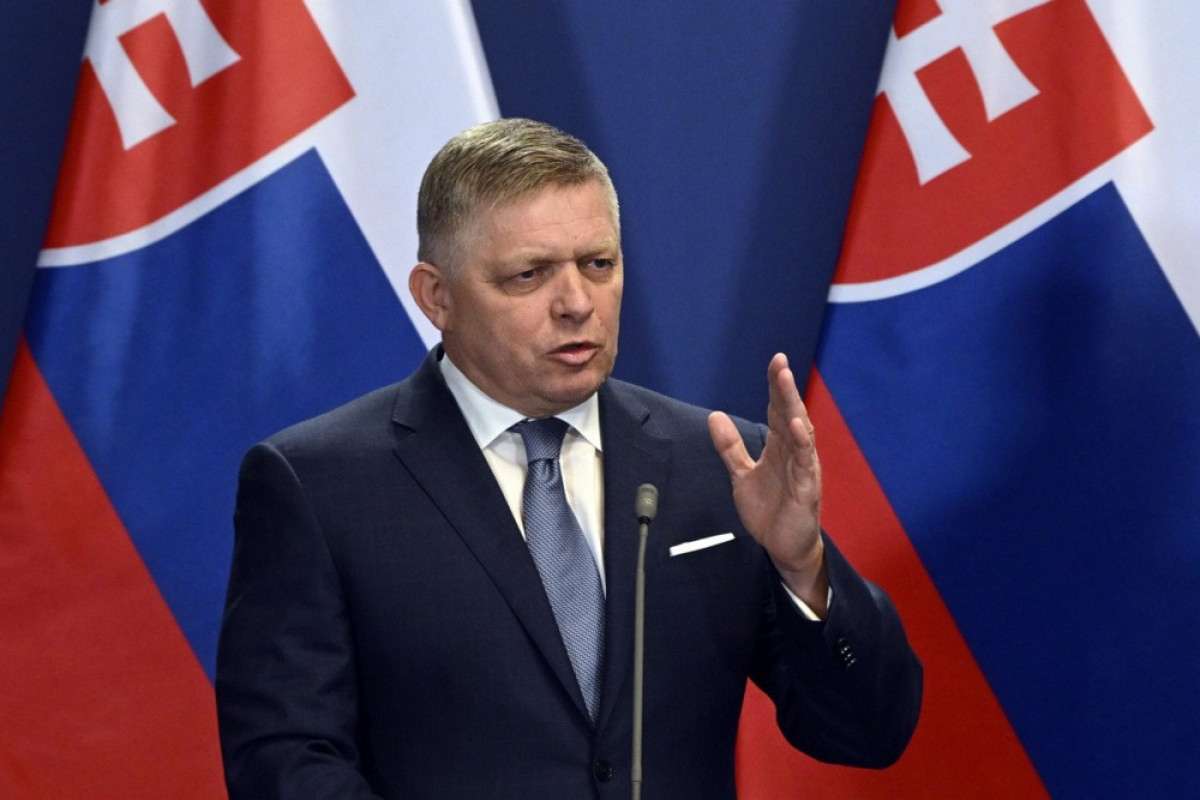Tensions Escalate Over Gas Transit Dispute
Slovakia has dismissed accusations by Ukrainian President Volodymyr Zelenskyy, who alleged that Slovak Prime Minister Robert Fico had established a “second energy front” against Kyiv under Russian influence. The allegations come amid growing friction over gas transit agreements between the two nations.
Slovak Foreign Minister Juraj Blanar responded strongly to Zelenskyy’s claims, calling them baseless. In a Facebook post, Blanar emphasized that Slovakia, as a member of the European Union, remains supportive of Ukraine during its ongoing conflict with Russia. He also criticized Ukraine for creating unnecessary tensions. “We understand the challenges Ukraine faces in a prolonged war, but fabricating narratives about new fronts only harms alliances. Slovakia, like other EU members, stands firmly with Ukraine and its people,” Blanar stated.
Energy Ties in Jeopardy
The dispute centers on the transit of Russian natural gas through Ukraine, a critical supply route for several European countries, including Slovakia. This arrangement is set to expire at the end of 2024, raising concerns about future energy stability in the region. Ukraine has signaled it may halt gas flows once the current transit deal, signed before Russia’s invasion of Ukraine, concludes.
Fico, who recently met Russian President Vladimir Putin in Moscow, suggested Slovakia could retaliate by stopping electricity exports to Ukraine if gas transit ceases from January 1. This statement prompted Zelenskyy to accuse Slovakia of aligning with Russia to undermine Kyiv’s energy security.
Calls for EU Intervention
Prime Minister Fico, in a separate Facebook post on Sunday, urged the European Commission to intervene in the matter, warning of severe consequences for the continent. He reiterated his concerns that stopping gas transit through Ukraine could severely impact European consumers and industries.
In an open letter, Fico wrote, “The unilateral stoppage of gas transit from Ukraine to Slovakia will impose tens of billions of euros in costs on European citizens, businesses, and infrastructure. This scenario is incompatible with the EU’s energy goals.”
The escalating tensions on the second energy front highlight the fragile balance of energy reliance and geopolitical alliances in Europe. Slovakia denies any actions that would intentionally harm Ukraine while raising alarms about the broader implications of disrupted energy flows.












